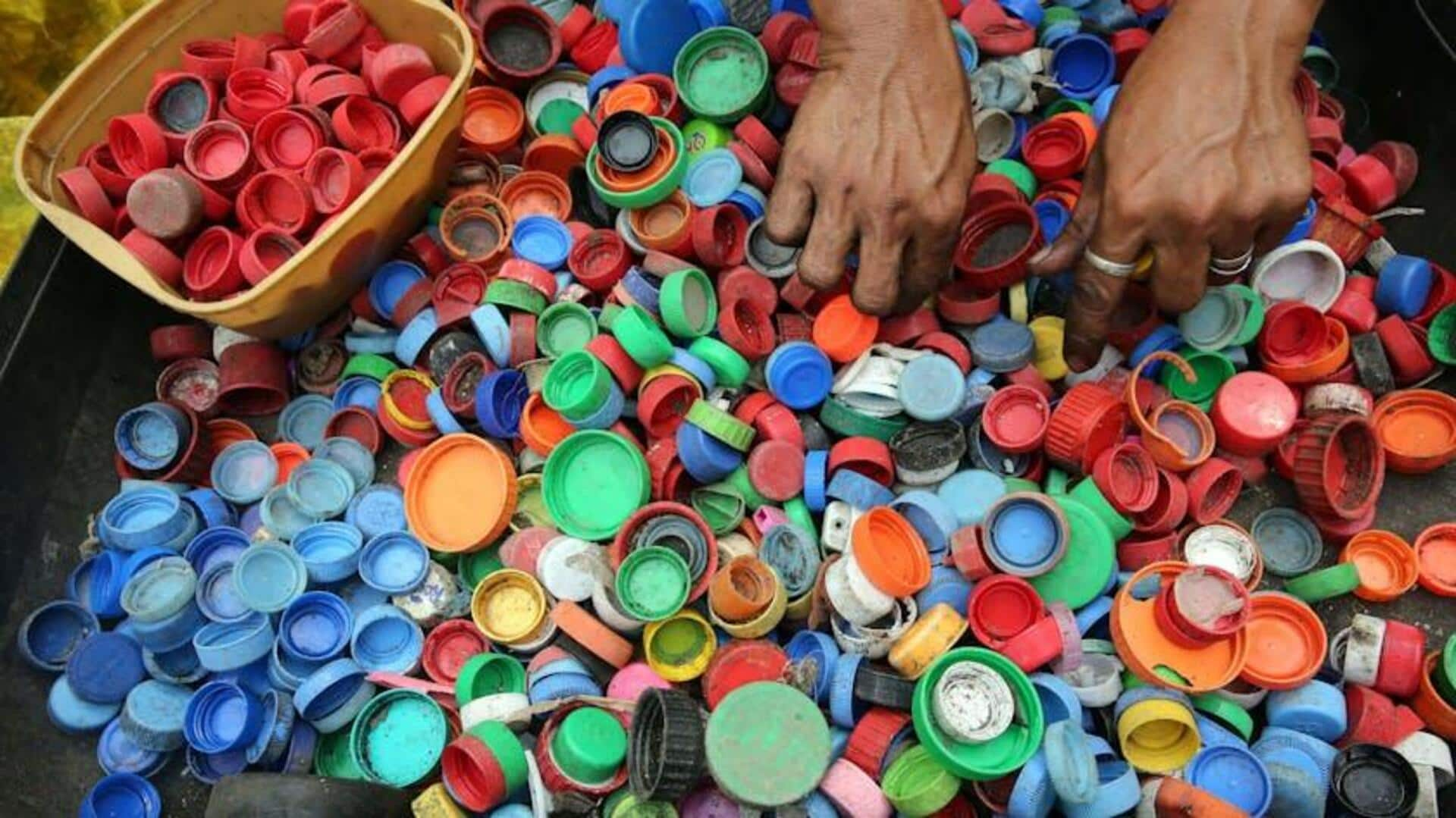
Innovate recycling solutions in Africa like a pro
What's the story
Africa is facing a growing waste management crisis fueled by rapid urbanization and population growth. However, innovative recycling solutions can turn this environmental challenge into a significant economic opportunity. This article provides practical insights for establishing successful recycling programs across the continent, with an emphasis on sustainability and community engagement.
Community engagement
Embrace community-based recycling programs
The key to successful recycling in Africa is getting the community involved. By teaching locals about the benefits of recycling, you can increase participation. Initiatives like local collection points and waste segregation workshops enable residents to play an active role in recycling. In Kenya, community organizations have significantly improved recycling rates by engaging locals in collecting recyclable materials for sale to larger companies.
Tech solutions
Leverage technology for efficient waste management
Tech is making recycling way more efficient. How? Well, imagine an app on your phone that connects you directly to waste collectors. You schedule a pickup, they come and sort everything on the spot. That's exactly what's happening in Nigeria! Startups have created platforms where people can book waste pickups and even earn points for recyclable materials. This way, everyone has an incentive to join the recycling program.
Business collaboration
Partner with local businesses for sustainable impact
Partnerships between local businesses and recycling initiatives are key to driving sustainable development. Businesses generate significant waste, much of which can be recycled or repurposed. By collaborating with recycling companies, businesses can reduce their environmental footprint and support local economies. For example, in South Africa, companies like Coca-Cola have established programs to provide recyclable materials to small businesses specializing in upcycled products.
Awareness building
Invest in education and awareness campaigns
Education is key to changing waste management attitudes and fostering a culture of recycling. Public awareness campaigns, highlighting the environmental consequences of waste and the benefits of recycling, motivate people to adopt more sustainable habits. Schools, universities, and public institutions play a crucial role in disseminating this message through workshops, seminars, and social media campaigns, fostering a sense of community responsibility toward recycling efforts.
Infrastructure development
Develop infrastructure for recycling facilities
The absence of adequate infrastructure remains a significant challenge hindering effective recycling in Africa. Investing in well-designed facilities with cutting-edge sorting technologies dramatically improves the ability to process recyclable materials efficiently. Governments and private investors need to concentrate on establishing more robust waste management systems. These systems should incorporate modern sorting centers with advanced technologies, ensuring higher material recovery rates. Plus, this would generate employment opportunities in the sector.